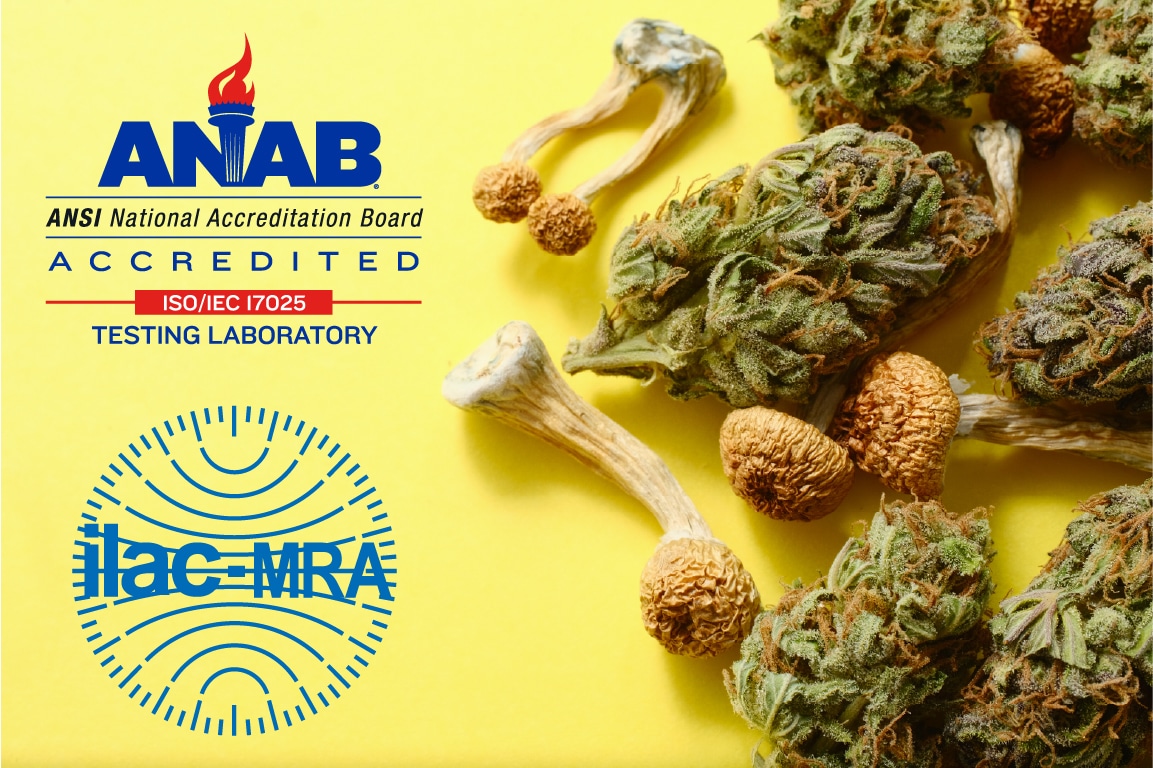Understanding the Importance and Benefits of ISO 17025 Accreditation for Laboratory Customers
Laboratories play a significant role in ensuring the safety, quality, and reliability of products and services worldwide. However, the quality of laboratory testing and calibration services highly depends on their ability to ensure accuracy, precision, and traceability of their operations.
To achieve this, laboratories need to follow internationally recognized standard procedures that meet the requirements for competence, impartiality, and quality management. One way to demonstrate conformity to these standards is by obtaining ISO 17025 accreditation. In this blog post, we will delve into what ISO 17025 accreditation is, and why it is essential for laboratories.
What is ISO 17025 Accreditation?
ISO 17025 accreditation is the international standard that outlines the requirements for the competence of testing and calibration laboratories. It is the only international standard that defines technical and management practices required by laboratories to consistently deliver accurate and reliable results.
The standard covers all aspects of laboratory operations, including the quality of testing procedures, sampling processes, record management, measurement uncertainty, equipment calibration, and method validation. In addition, it promotes the use of standard operating procedures (SOPs), which ensure that all laboratory operations are standardized and consistent.
To become ISO accredited a laboratory must be audited by accreditation bodies each year and often multiple times a year.
Why is ISO 17025 Accreditation Important for Customers of Laboratories?
The benefits of ISO 17025 accreditation for customers cannot be overstated. Below are some reasons why every laboratory client should only test with ISO 17025 accredited labs:
Ensures Quality Control
Laboratory customers rely on test results to make informed decisions about products, processes, and procedures. ISO 17025 accreditation ensures that the laboratory maintains consistent quality control and communicates accurate and reliable results. It requires laboratories to implement a quality management system, including procedures for document control, equipment calibration, personnel training, and proficiency testing. This system establishes that laboratory testing is accurate and reliable, providing results the customer can trust.
International Recognition
ISO 17025 accreditation is recognized worldwide as the highest standard for laboratory testing and calibration. The accreditation demonstrates that the laboratory has met the international quality standards set by independent accreditation bodies.
Compliance with Legal and Regulatory Requirements
ISO 17025 accreditation helps laboratories comply with regulatory requirements, such as those set by the Environmental Protection Agency (EPA) and the Food and Drug Administration (FDA). Accreditation also ensures compliance with industry-specific standards, such as Good Laboratory Practice (GLP) guidelines.
Continuous Improvement
Accreditation involves periodic assessment and auditing of laboratory operations, which helps to identify areas for improvement. Laboratories then use this information to implement corrective actions and continually improve their operations.
Reduces Risk and Liability
ISO 17025 accreditation reduces risk and liability for both laboratories and customers. Laboratories are required to carry out both internal and external third-party audits, ensuring that they have identified and mitigated any potential risks or hazards. This process reduces the risk of errors occurring during testing and ensures the laboratory is abiding by the standard. Customers can be confident that the laboratory is taking appropriate measures to minimize the risk of errors or accidents, reducing the potential for mistakes.
Conclusions
As discussed, ISO 17025 accreditation is essential for laboratory customers. It ensures quality control, provides confidence in testing procedures, encourages continuous improvement, offers international recognition, and reduces risk and liability. When selecting a laboratory testing provider, it is essential to choose one that has ISO 17025 accreditation. It demonstrates their commitment to quality and reliability, ensuring that you receive accurate test results.
As a laboratory customer, you should prioritize accreditation when choosing a testing provider to ensure that you or your organization makes informed decisions based on high-quality test results



